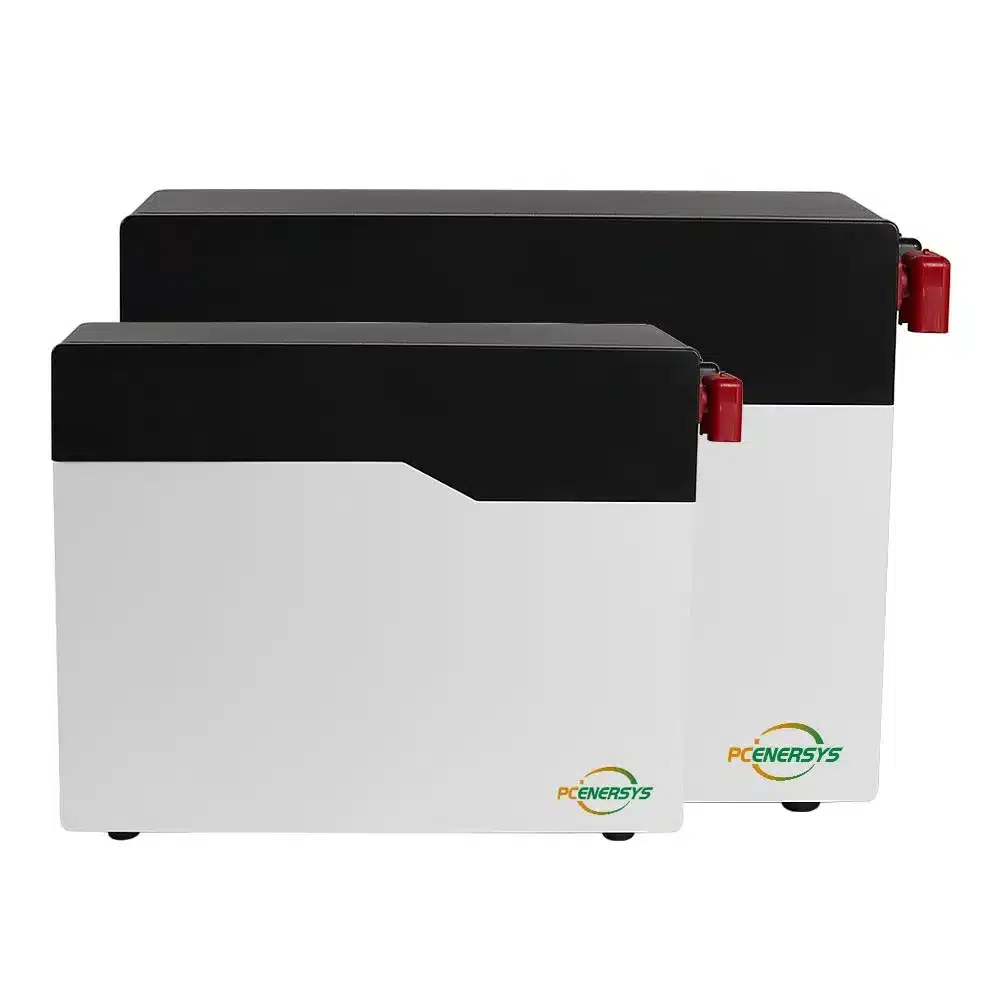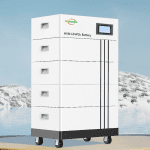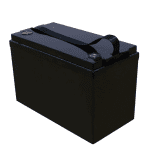How To Calculate And Compare Solar Cost For Your Home
Because the solar industry is proliferating, solar energy has become almost an indispensable part of our lives. Consumers finally realize that solar energy can save them thousands of dollars over time and help them take control of their energy bills. The cost of solar power has dropped significantly in recent years as technological advances make installing panels more affordable than ever. With so many people researching solar options, it’s worth knowing how much they will cost you or if they are worth it!
What Is Solar Cost?
Solar cost refers to the total cost of construction, operation, and maintenance of a solar power system, usually measured per watt or kilowatt-hour. This indicator reflects the economic feasibility and market competitiveness of solar technology. Solar energy costs multiple expenses, including wafer production, module manufacturing, system installation, inverters, support structures, grid connections, and system maintenance. This is also the total amount you pay for the solar panels and installation. Solar power, however, refers to the amount of electricity your system produces over time. Usually measured in kilowatt-hours or megawatt-hours.
Calculation Of Solar Cost
To calculate the cost of solar panels for your home, you need to know the size of your system and the type of panels. The first step is to add up all the square footage of the solar panels on the roof. For example, if you have a 1,000-square-foot flat roof with overhangs or railings around it, use half that area: 500/2 = 250W.
The next step involved calculating how many watts per pound each model produced during testing at NREL’s National Renewable Energy Laboratory. This will help determine which model offers better performance at a lower cost per watt of production. However, remember that some models perform better than others under different conditions.
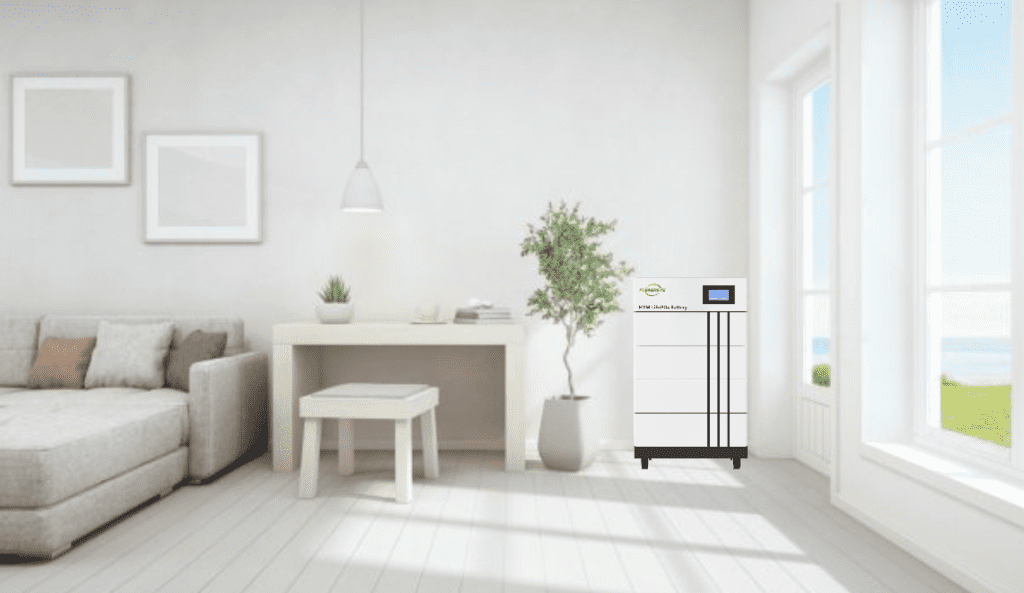
Know how you can compare the solar cost for your home.
Now that you know how to calculate the cost of solar panels, it’s time to compare different types of installations. The last thing you want is to opt for a solar system only to find out it’s not worth it. To avoid this, use these tips:
Know what each part of your system will cost by looking at individual prices or installer quotes. This will help ensure you get accurate numbers when calculating their overall costs. Remember that some parts may be more expensive than others due to size or complexity, so don’t focus on just one factor when comparing systems! Check the company’s website before calling to see if they frequently post information about their products online.
How to Calculate Your Actual Solar Cost?
The actual cost of solar panels is dependent on two things:
The price of the equipment is decreasing as time goes on and technology improves.
Your location, like different regions, has different utility rates and incentives. For example, if you live in an area that offers tax credits for installing solar, this can save a lot of money. Likewise, if grid electricity is relatively expensive in your area, going solar can save you money. In addition to these factors affecting loan repayment now and after the installation date, another factor is adding new circuits, whether additional wiring is required for the panels to work inside the wall, etc. This may add extra costs such as labor cost estimates and more.
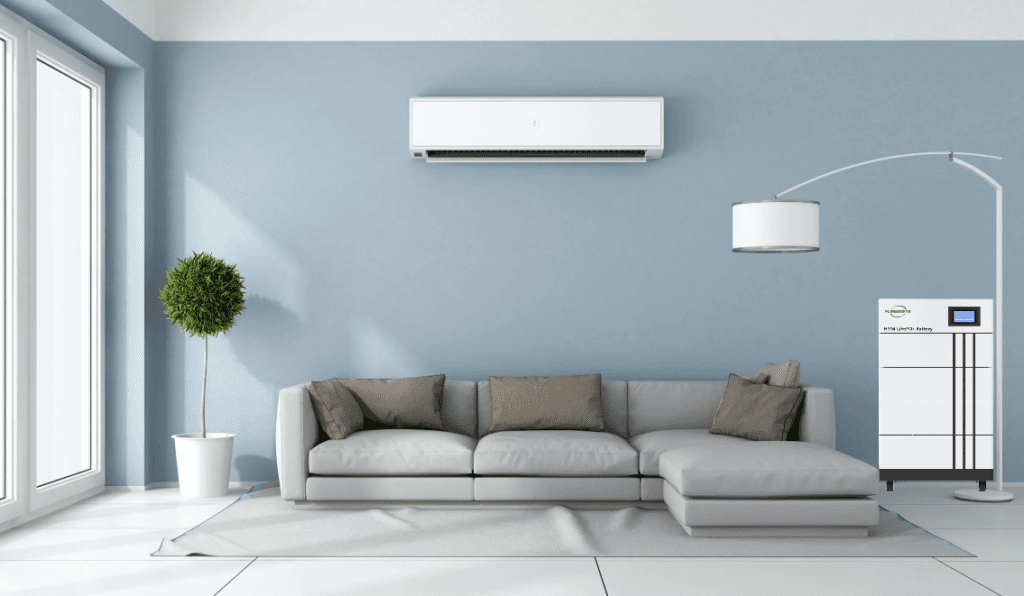
Solar will save you money!
It’s an excellent investment that you can use to save money and an effective way to reduce your monthly electricity bill. With solar energy, you’ll be able to stop paying for expensive utility bills that go up every year. Solar panels can also help homeowners avoid increased costs from utility companies. You may pay higher rates yearly due to increased costs to your local utility company. However, these costs can be significantly reduced if you install a solar power system on your home or business property!
Final
If you want to save money and reduce your carbon footprint, solar power is an excellent option for your home. You can determine whether this investment suits you by calculating the cost of installing solar panels and comparing it with your current energy bills. The above description of solar energy costs will help you choose the solar energy products you want to use in the future.

